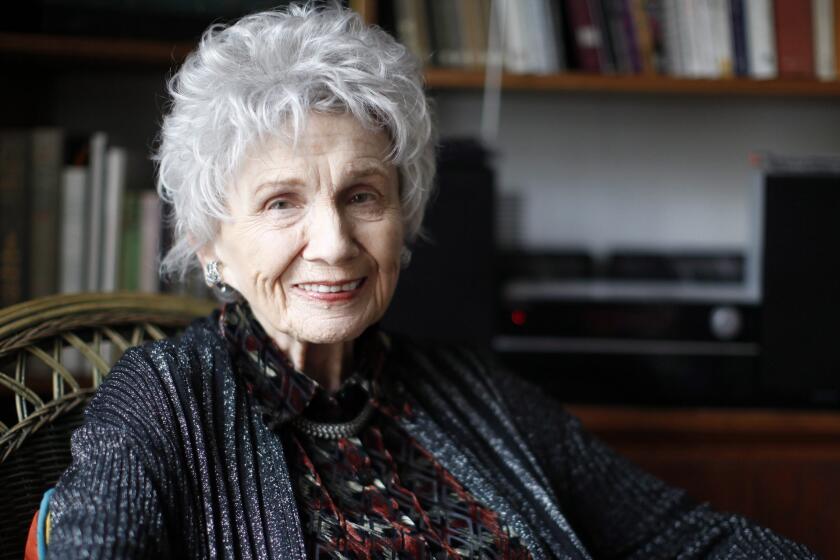Doctor Who Criticized U.N. in Book Finds Himself Out of a Job
U.N. officials have decided not to renew the contract of a doctor who was the coauthor of a controversial memoir about life on the front lines of U.N. peacekeeping in the 1990s.
Andrew Thomson, who has worked for the United Nations for 12 years in New York, Cambodia, Haiti, Bosnia-Herzegovina and Rwanda, received a letter three weeks ago declining to renew his contract.
Thomson and two colleagues wrote “Emergency Sex and Other Desperate Measures: A True Story From Hell on Earth,” published in June. The book reads like an illicit peek into the trio’s diaries during a decade of adventure and angst, and contains graphic descriptions of romantic escapades.
It also delivers harsh judgments about the U.N., because genocides in Rwanda and Bosnia happened under the world organization’s watch.
“If blue-helmeted U.N. peacekeepers show up in your town or village and offer to protect you, run,” Thomson wrote. “Or else get weapons. Your lives are worth so much less than theirs.”
Thomson, whose work with the world body included a two-year stint exhuming corpses for forensic evidence of war crimes, says his contract was not renewed because U.N. officials were unhappy about the book. In an effort to keep his job, he is working with a Washington-based group that defends whistle-blowers.
U.N. spokesman Fred Eckhard denied that the book influenced the decision on Thomson’s contract.
“His contract expired. He can apply for anything else,” Eckhard said. “We find the claims that he’s a whistle-blower laughable. The whistles were all blown 10 years ago. Rwanda, [the Bosnian town of] Srebrenica and peacekeeping have all been studied in depth. All the stuff they’re talking about is old stuff sexed up for commercial appeal.”
U.N. staff members said that about two months ago, after Miramax TV had optioned the book, Deputy Secretary-General Louise Frechette sent the files of Thomson and one of his coauthors, Heidi Postlewait, to the personnel department with a note demanding action on the cases right away. The third author had already quit the U.N.
After being informed that his contract would not be renewed, Thomson received a second letter telling him that the U.N. had eliminated the job to which he was due to be promoted, he said. Meanwhile, the U.N. filled his current job, squeezing him out without technically firing him.
Postlewait, who has a year and half left on her contract, is still working with the U.N.
Tom Devine, legal director of the Government Accountability Project, which defends whistle-blowers, said that despite the U.N.’s internal inquiries, the systemic problems that led to the genocides and other abuses have yet to be fully dealt with. In November, Secretary-General Kofi Annan publicly apologized for sexual abuse by U.N. peacekeepers and civilians in Congo, a problem that the authors described occurring in Cambodia in 1993 and Liberia in 1996.
Annan and his Cabinet are also under fire for not openly confronting complaints of sexual harassment and problems with the scandal-riven Iraq “oil-for-food” program.
The U.N.’s Staff Council recently passed a no-confidence vote on senior management, and an internal survey showed that employees felt they would not be protected if they blew the whistle on wrongdoing.
Thomson said he still believed in the U.N. and its ideals.
“I wrote from shame and anger that those ideals were not what I saw in the field, in the hope that we could learn and improve,” he said. “Sometimes, loyalty means being loyal to your organization and its ideals, even against its management.”
More to Read
Sign up for our Book Club newsletter
Get the latest news, events and more from the Los Angeles Times Book Club, and help us get L.A. reading and talking.
You may occasionally receive promotional content from the Los Angeles Times.






